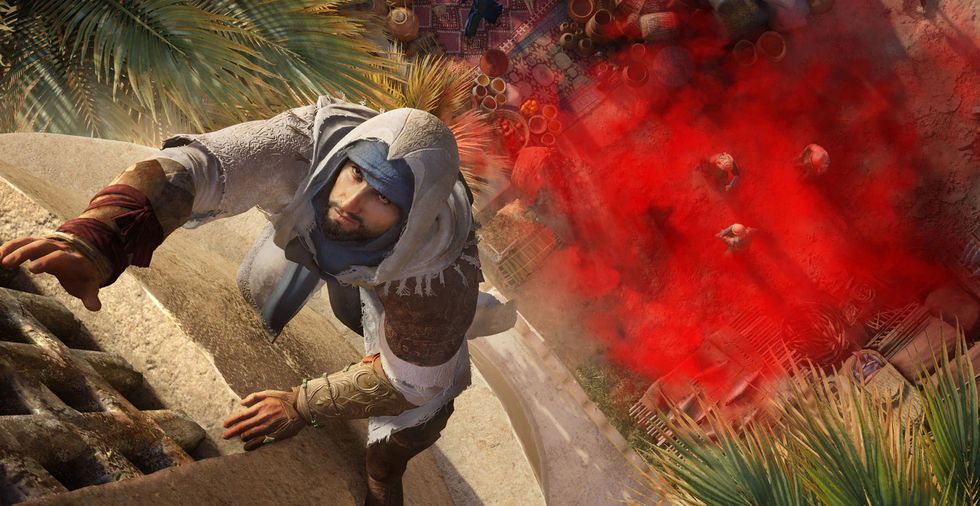Ubisoft’s upcoming title, Assassin’s Creed Shadows, has sparked controversy surrounding its portrayal of the historical figure Yasuke, a Black samurai who served in 16th-century Japan. Critics allege the game reinforces racial stereotypes by associating Yasuke’s character with hip-hop music during his combat sequences.

A Legacy of Fighting for Equality… Tarnished?
Ubisoft, a gaming giant known for its progressive stances on social issues, finds itself in a curious position. The company has actively championed diversity and inclusion in its games, promoting narratives that challenge historical biases. However, the inclusion of hip-hop music specifically for Yasuke’s battles has raised concerns about perpetuating cultural stereotypes.
Lost in Translation: Yasuke’s African Origins vs. Modern Black Identity
The crux of the controversy lies in a potential misunderstanding of Yasuke’s background. Commentators argue that Ubisoft might be conflating Yasuke’s African origin with a modern African American identity. Yasuke, who hailed from present-day Mozambique, would not have had any connection to hip-hop, a musical genre that emerged centuries later in the United States.
A Tempest in a Teacup or a Missed Opportunity?
Opinions on the issue are divided. Some netizens view Ubisoft’s approach as a lazy attempt to highlight Yasuke’s race without a deeper understanding of his cultural context. They argue that a more nuanced representation, perhaps incorporating traditional African musical elements from Yasuke’s period, would have been more appropriate.
Defending Ubisoft: Artistic License or Stereotypical Shortcut?
Others defend Ubisoft, suggesting the use of hip-hop is a creative choice to enhance the gameplay experience. They argue that developers have an artistic license when interpreting historical figures for video games, and the music choice may simply be a way to distinguish Yasuke’s combat style.
A Missed Opportunity for Historical Accuracy and Cultural Sensitivity
While artistic license is a valid point, the core concern lies in whether Ubisoft missed an opportunity for authentic representation. Yasuke’s story is a fascinating one, and a more historically accurate portrayal could have served as a powerful educational tool for gamers. Incorporating elements of Japanese or African music from the 16th century would have not only offered a richer soundscape but also highlighted the unique cultural exchange Yasuke represented.
Moving Forward: Lessons Learned?
The controversy surrounding Yasuke’s portrayal serves as a learning experience for Ubisoft and the gaming industry at large. The incident highlights the importance of cultural sensitivity and the need for thorough research when depicting diverse historical figures. Engaging with historians and cultural consultants can ensure that video games promote understanding and avoid perpetuating stereotypes.
FAQs:
Q: Who was Yasuke?
A: Yasuke was a real-life African man who served as a samurai in 16th-century Japan. His story is a remarkable one, highlighting cultural exchange and social mobility during a turbulent historical period.
Q: Why is the use of hip-hop music controversial?
A: Critics argue that associating Yasuke with hip-hop reinforces a stereotype that connects all Black people to a modern American musical genre. Yasuke wouldn’t have had any connection to hip-hop, which emerged centuries later.
Q: How could Ubisoft have portrayed Yasuke differently?
A: Some suggest using traditional African music from Yasuke’s period or incorporating elements of Japanese music to reflect his samurai training and cultural immersion.




